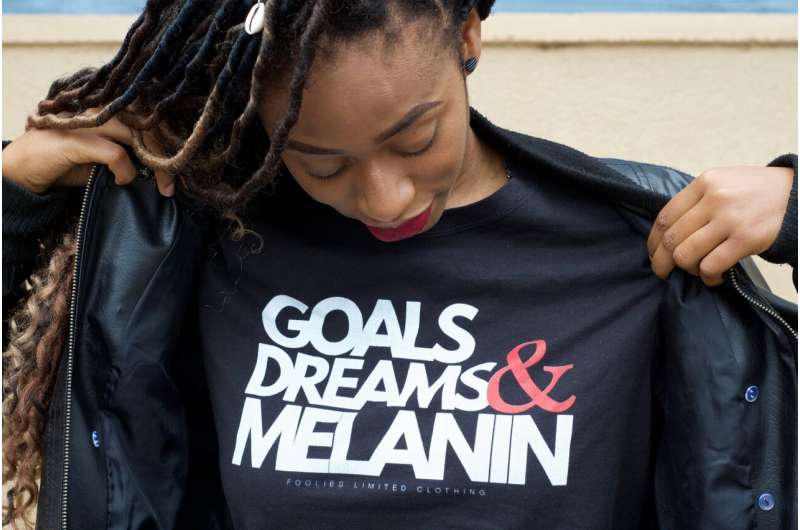What do a Black scientist, nonprofit executive and filmmaker have in common? They all face racism in workplace culture

American workplaces talk a lot about diversity these days. In fact, you'd have a hard time finding a company that says it doesn't value the principle. But despite this—and despite the —Black workers continue to face significant hiring , stall out at middle management levels and remain .
, I wanted to understand why this is. So I spent more than 10 years interviewing over 200 Black workers in a variety of roles—from the gig economy to the C-suite. I found that many of the problems they face come down to organizational culture. Too often, companies elevate diversity as a concept but overlook the internal processes that disadvantage Black workers.
I tell several of these individuals' stories in my new book, "." While racial disparities were once the result of law and explicit policy—think of "Whites Only Need Apply" signs—today, . It's in these "gray areas" that racism lurks.
Three professionals, one frustrating reality
Take "Constance," for example—not her real name—who is a Black female chemical engineering professor at a major research university. Her university proclaims its commitment to diversity and inclusion, with several offices and initiatives dedicated to this goal.
Yet she told me that most leaders at her school are uncomfortable trying to achieve racial diversity. They'd rather be "colorblind"—that is, they'd rather not acknowledge or address racial disparities or the institutional rules and norms that perpetuate them. So their attempts to pursue diversity translate into attempts to hire more women faculty but not more Black faculty.
This isn't surprising, as women generally . But the emphasis on gender means that the racial issues Constance —openly racist teaching evaluations, colleagues' casual stereotyping, additional barriers to mentorship—go ignored.
"Kevin" offers another instructive example. He's a Black man who works at an education nonprofit that —a laudable goal. His workplace touts its culture of collaboration and says that it demonstrates its commitment to diversity by supporting children from all backgrounds.
But in practice, Kevin found that the organization often shunned and patronized Black parents, treating them disrespectfully. And despite his employer's stated support for diversity, Kevin says his efforts to highlight these problems usually went ignored.
And then there's "Brian." A film producer with extensive Hollywood experience, Brian was excited about taking a job with a major studio. He thought it would give him an opportunity to bring more films about the variety of Black experience to audiences. And since studio leaders talked a big game about innovation, creativity and original thinking, this seemed like a reasonable assumption.
But once he started in this role, Brian learned that the studio was dominated by a market-driven culture, which leaders not investing in films by and about Black people. Importantly, the same logic around Black filmmakers rarely seemed to apply to white ones, Brian said—those who directed flops were still given multiple chances to keep working. Pointing out this hypocrisy failed to change minds or practices, Brian found.
When a DEI statement isn't enough
What do these three people, working in very different industries, have in common? They all work for employers that have a stated commitment to diversity—and an organizational culture that belies and even undermines it.
When these companies commit to diversity but fail to tackle racial diversity specifically, it becomes easy for workers like Constance, Kevin and Brian to find that the issues they experience get overlooked and that there's no effective way to bring them forward. They get stuck in the gray areas.
However, it doesn't have to be this way. There are companies can take to address racial diversity: creating for everyone, setting goals and , and investing in , for example.
My research suggests smart organizations will do just that—moving toward a culture where "diversity" is a driver of solutions, not just a buzzword.
Provided by The Conversation
This article is republished from under a Creative Commons license. Read the .![]()



















